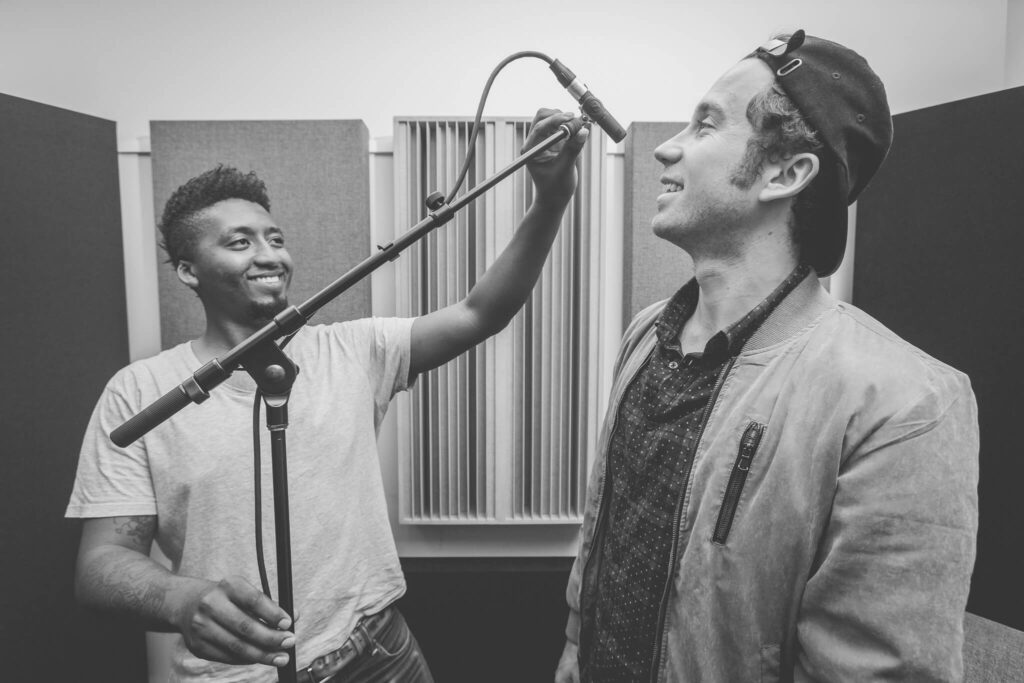If you were put on the spot right now, could you very quickly do a Scottish and then a Welsh accent? Or an Australian and then a New Zealand accent? As a voice actor, you want to put yourself in a position to be able to get as much work as possible. One way to do this is to make sure you can master any accent that might be needed. Sure, we are mostly likely to need local accents of all types, as well as standard British and American, but from time to time, a job might require an Australian, Scottish, Indian, Liverpudlian, New York or Spanish accent.
Mastering accents is not something everyone can do. Even some of the most seasoned voice actors struggle with accents, so if you have a knack for it, it might be really worth your while to choose a few accents to master completely. A good place to start would be Received Pronunciation (or The Queen’s English), a London accent, an Australian and Irish accent.
Depending on how much of a “natural” you are at accents, each one could take a few, or hundreds of hours, so decide how much time you have to dedicate to your accent work, and master them one at a time. Once you have a few in your repertoire, practise moving comfortably between them, as this will really exercise that accent muscle. Some time can be dedicated time, where all you are doing is practising your accent, while at other times you can practise while you’re doing something else, for instance driving, showering or mowing the lawn.
Here are a few tips for becoming a pro at accents:
- Know that there are a huge number of dialects in every language. English is English, but consider the difference between the accents of those from Liverpool and those from London, or Australians from Sydney and those who live in the Outback of Australia. Make sure you choose a specific dialect to master.
- Immerse yourself in the accent you are learning. If you are working at mastering a French accent for instance – watch Youtube videos or movies and listen to Podcasts where French people are speaking English.
- Copy the mouth movements. A French accent for instance, will require you to purse your lips quite a lot, whereas a Dutch accent needs looser lips. You could even go so far as copying the body movements – like using your hands a lot when doing an Italian accent. Even though your hands are not visible or important, it will help to get you into character. After all, “doing an accent” is simply voice acting.
- Listen for the melody, rhythm, pace, phonology, pitch, vowel stress and tone of the language and incorporate all of that into your accent.
- It helps to learn specific words, intonations or filler words that people who speak a different language use. With the French accent, you may put “uh” in every few words, while someone with an Australian accent might say “g’day” rather than “hello” or a German speaker might say “ja” instead of “yes”. If you’d like a little inspiration, here’s a guy who can easily move between accents and nails every part of it. You can see he uses his facial expressions and hands too – evidence that he really gets into character.
- Practice, practice and then practice some more. Watch out for getting into the habit of only saying certain things in the accent. Once you feel like you have really mastered it, try reading a few pages of a book in the accent, to make sure you can say anything perfectly, not just the words you’ve been practising.
When you’re a total pro at an accent, do a professional recording, so that you can add the accent to your repertoire, and don’t forget to update your profile wherever you appear as a voice actor.


